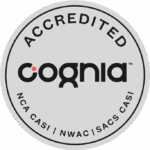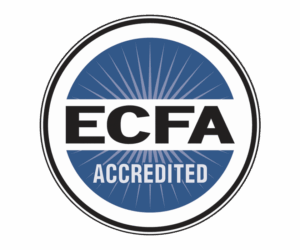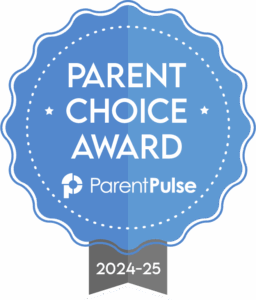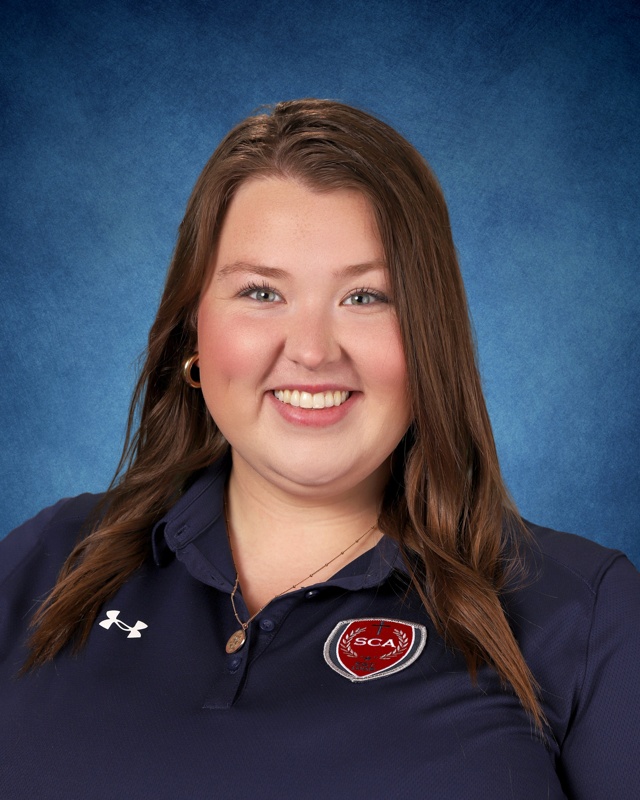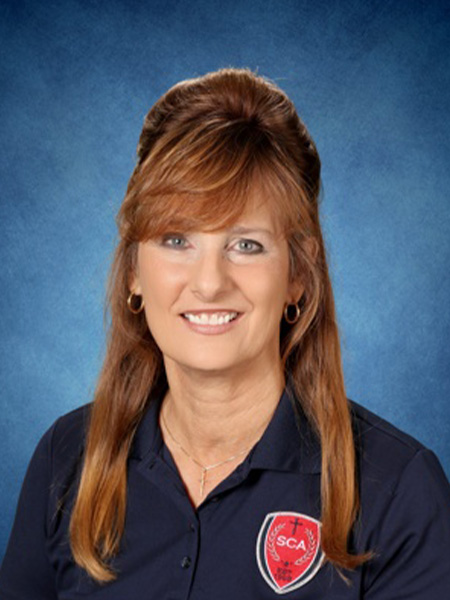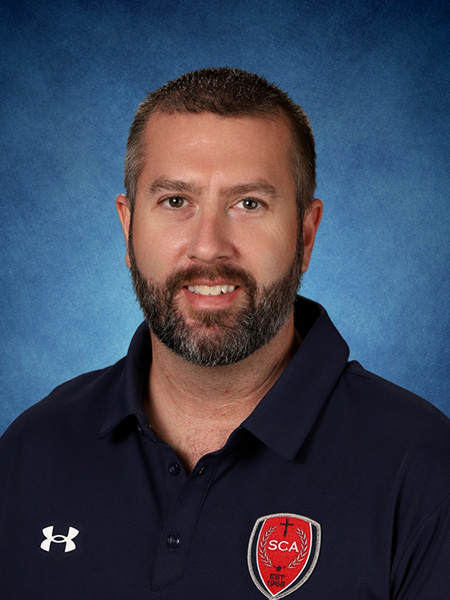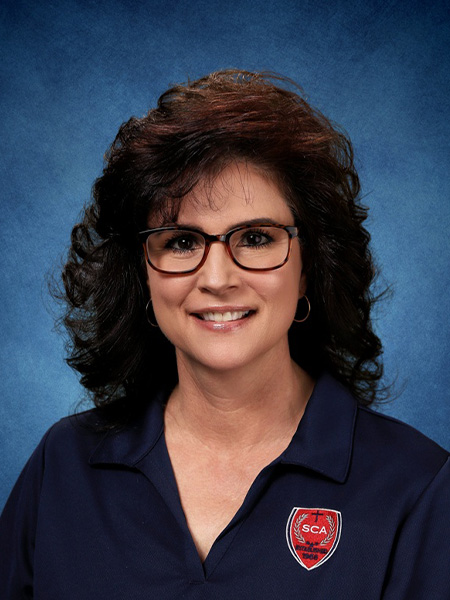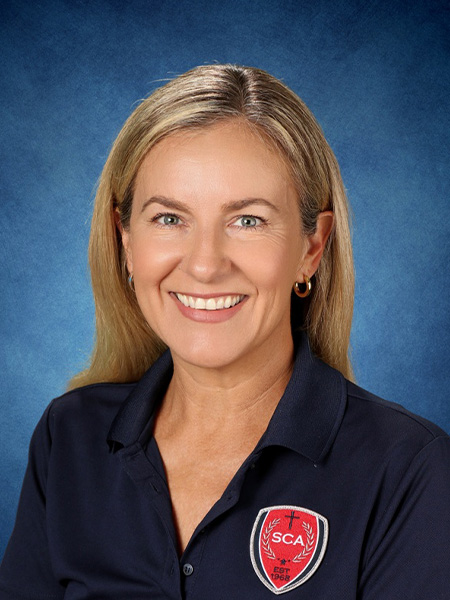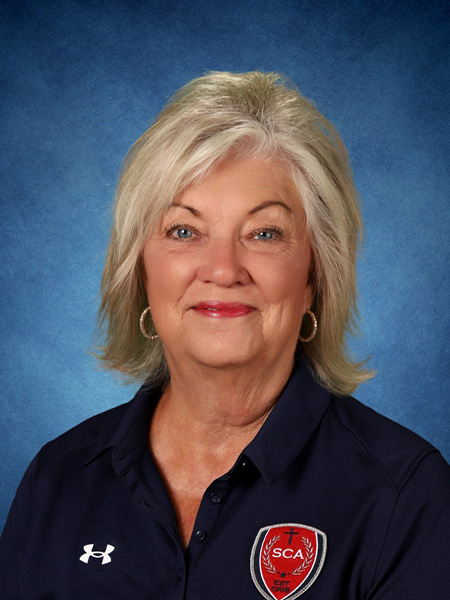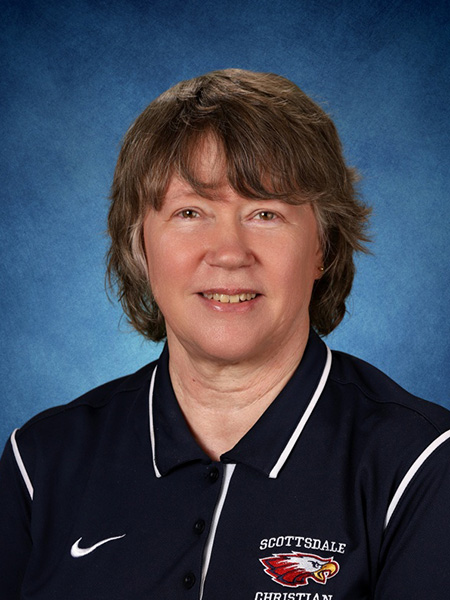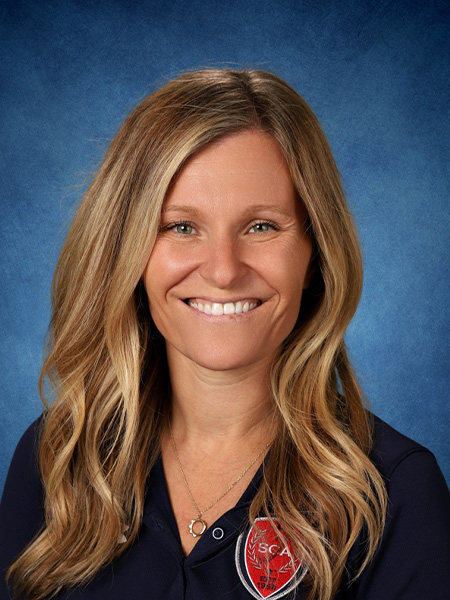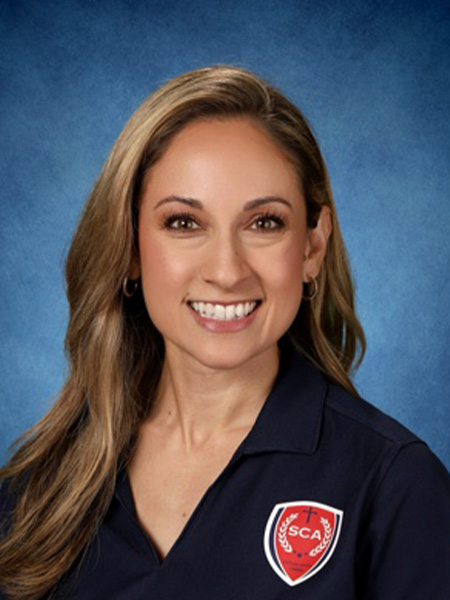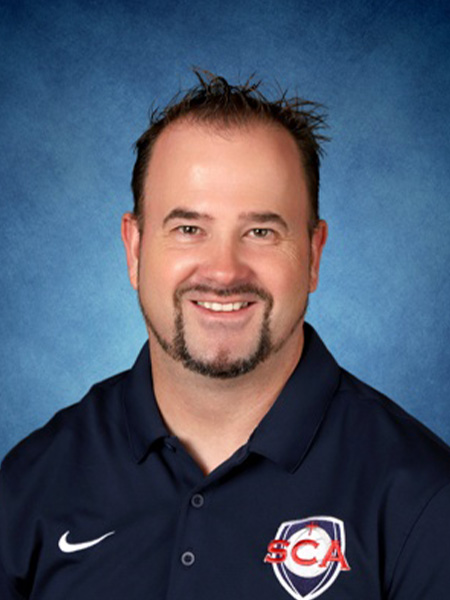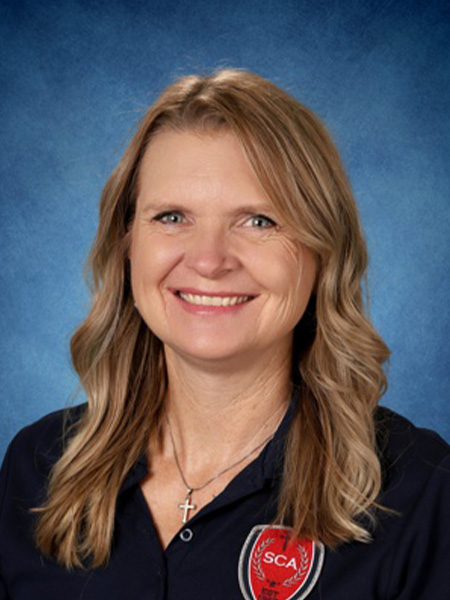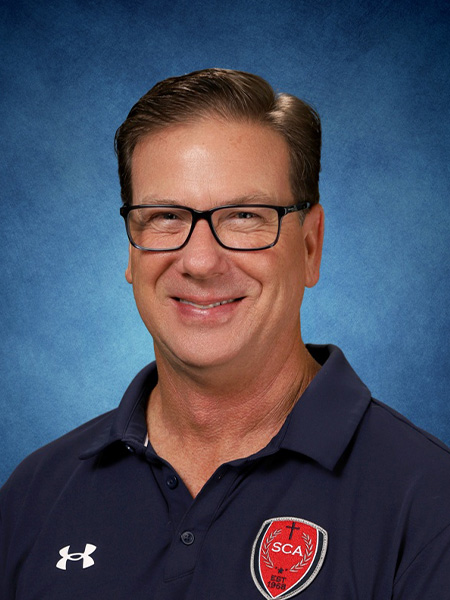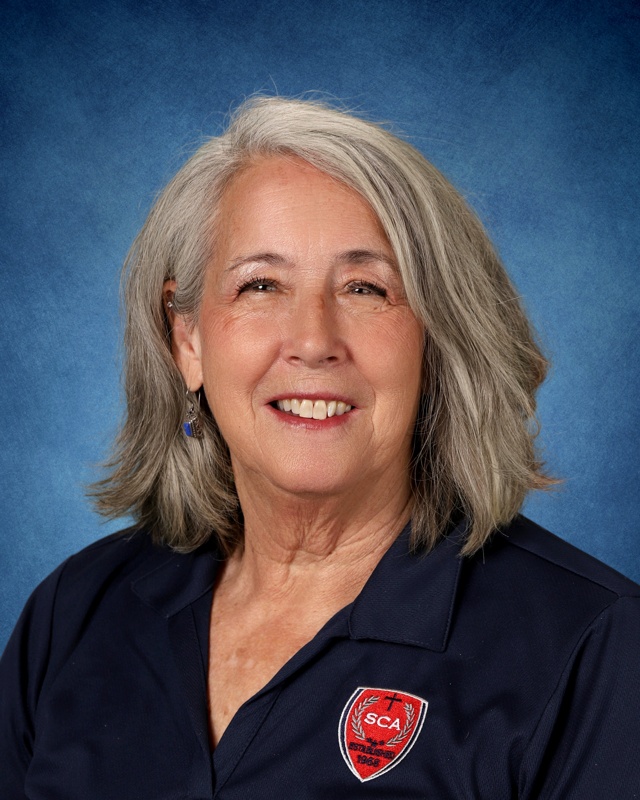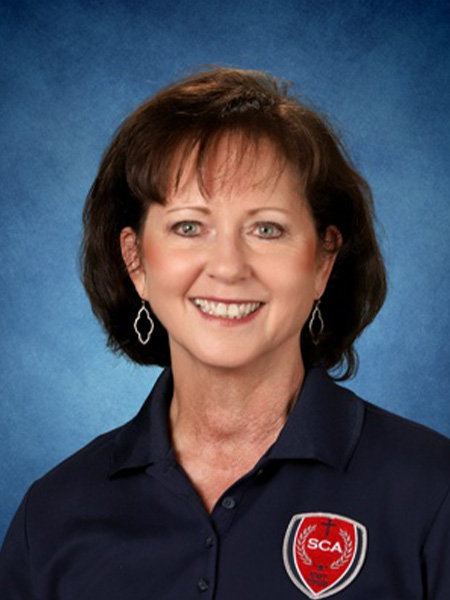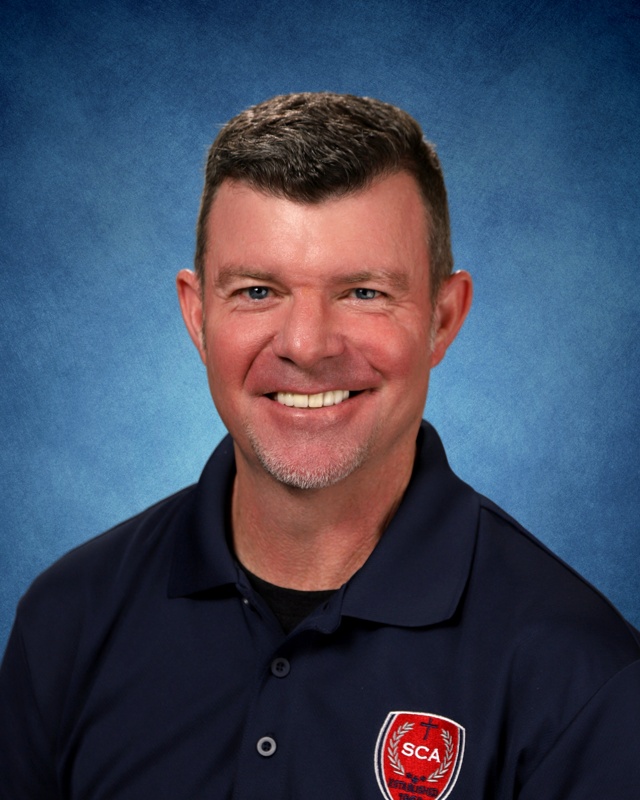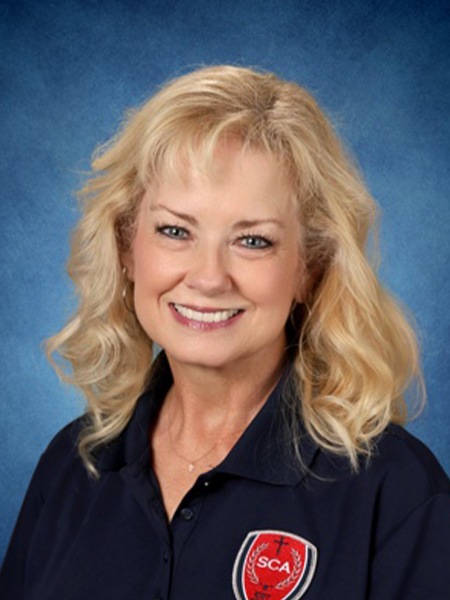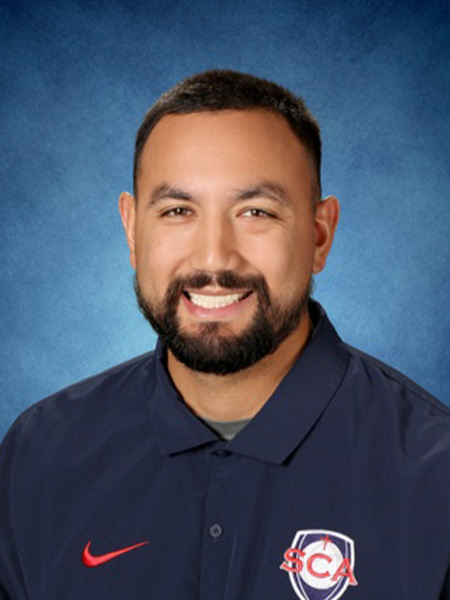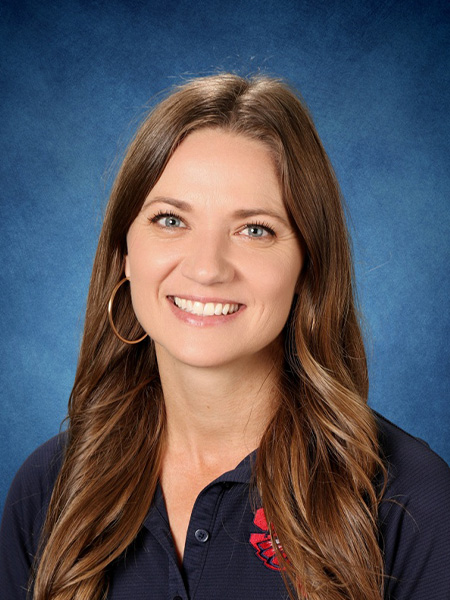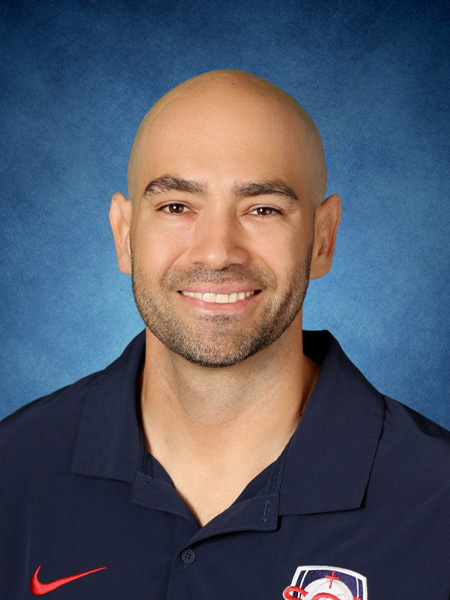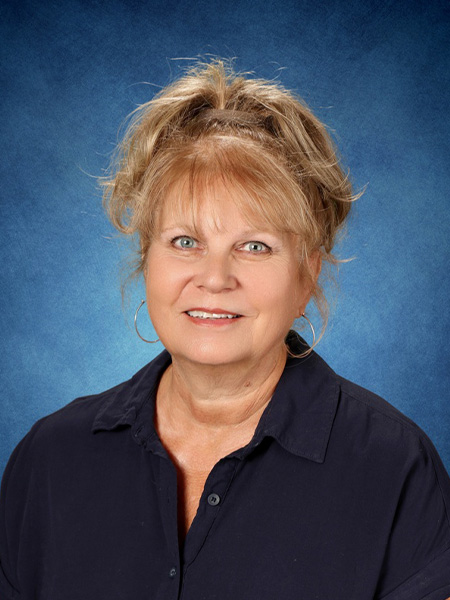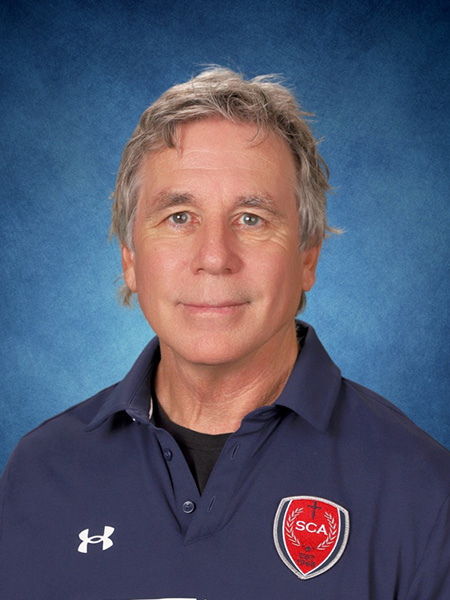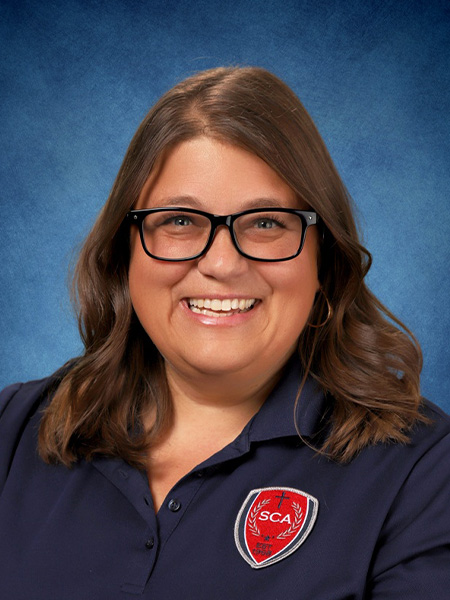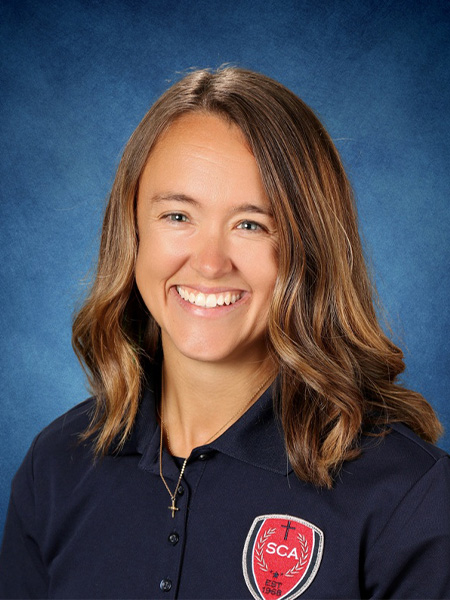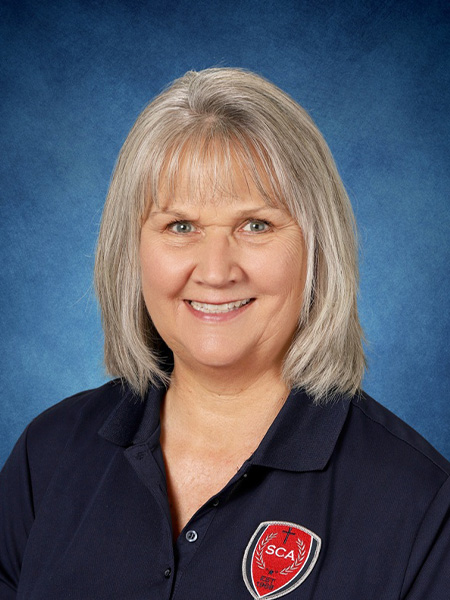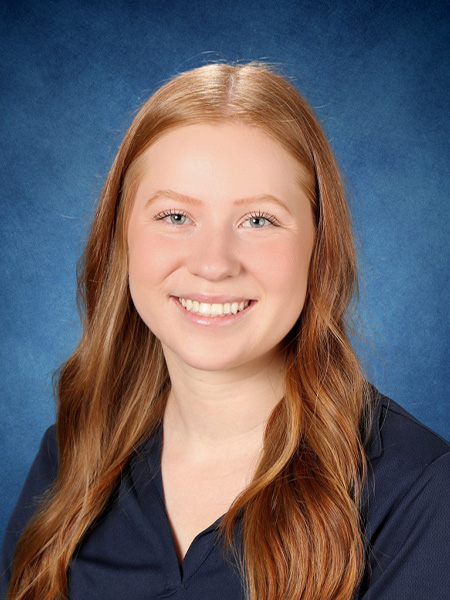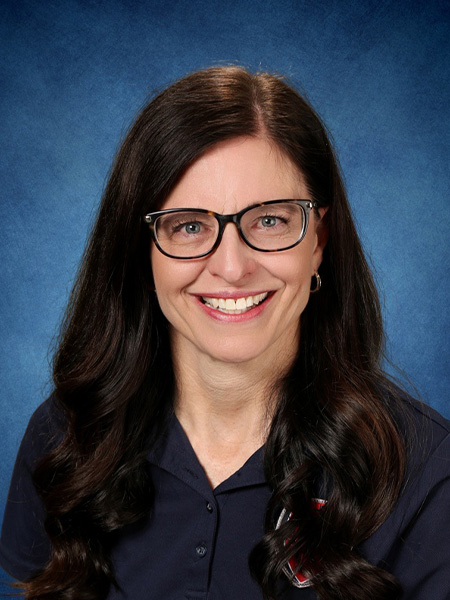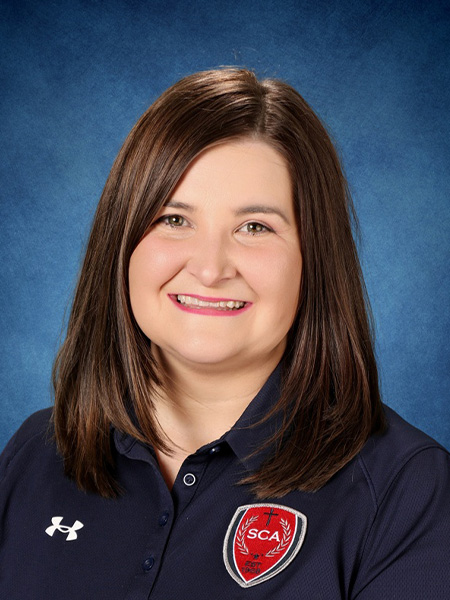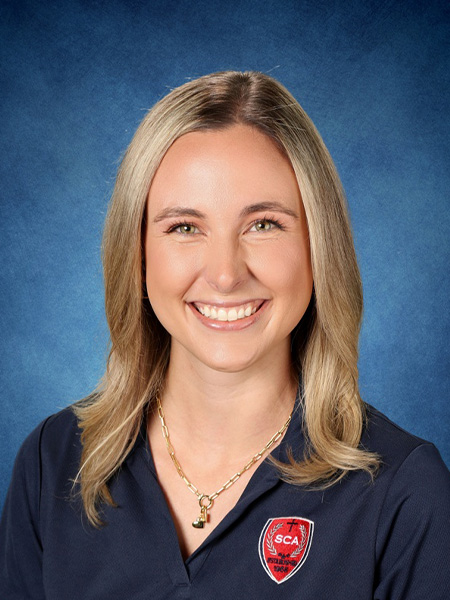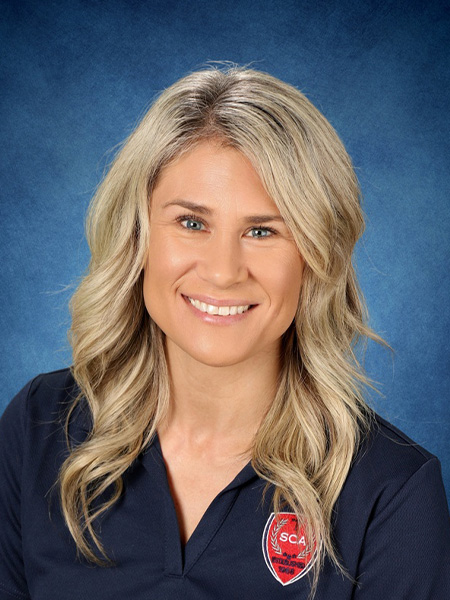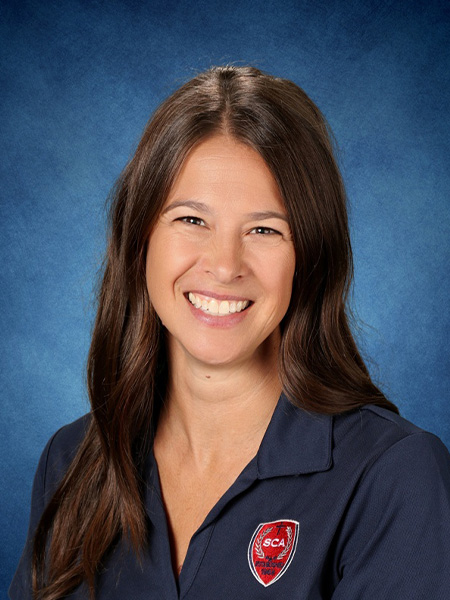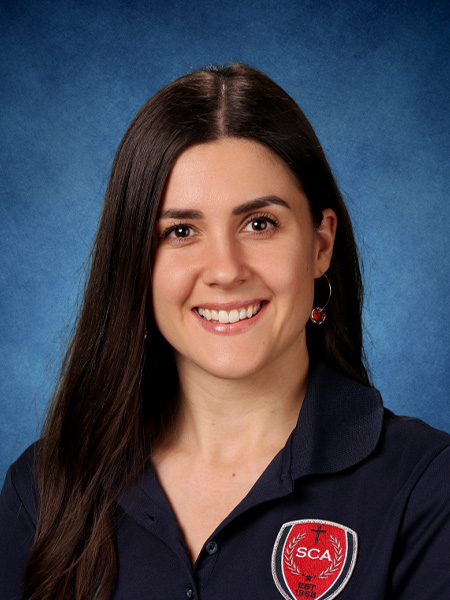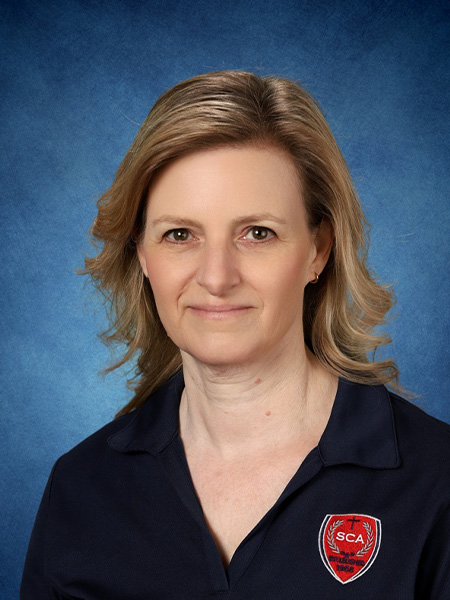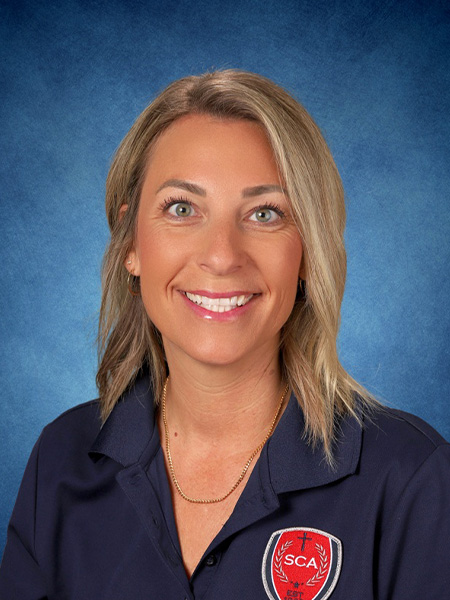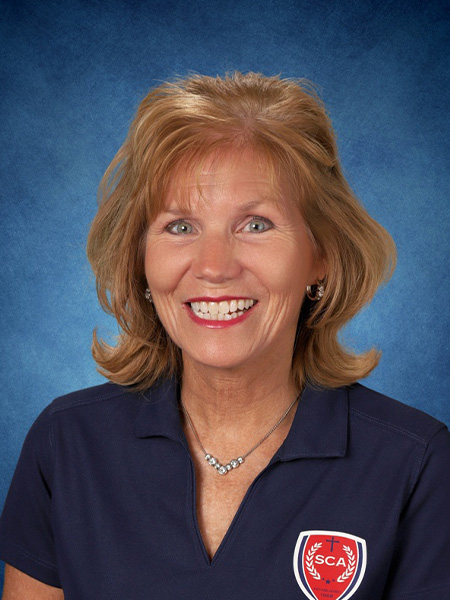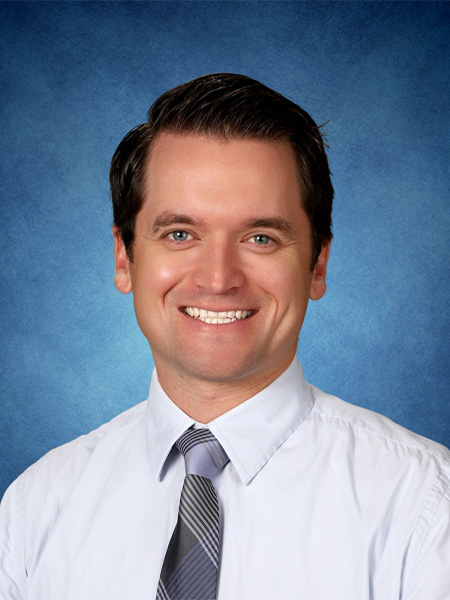BIBLE
Students use the Purposeful Design Bible series to build a solid foundation of Biblical principles. God’s creation, promises, people, Son, guidance, rules, care, strength, and how He speaks through His Word. They experience the knowledge of Jesus Christ and His saving grace during Bible lessons and activities. Students attend chapel once a week.
LANGUAGE ARTS
Reading
The Spalding Road to Reading program integrates four essential elements: comprehensive spelling, writing, phonetic, and reading curricula. Students will also experience reading many Abeka Readers and BJU Press curriculum for a well-rounded and exciting time of reading. Students also participate in the Accelerated Reader (AR) program. This program allows students to read at their independent reading levels and take quizzes over these books. The goals of the AR Program are to create a love of reading and increase reading comprehension skills.
Spelling
The Spalding method starts with the children’s oral language, explicitly and systematically teaches the letters and letter combinations (phonograms) that represent speech sounds, and then uses the phonograms to say, write and read high-frequency words.
Grammar
Students will be taught Shurley English, Level 1—a sequentially oriented curriculum using jingles, rhythm, repetition and active student/teacher interaction. Sentence structure, parts of speech, paragraph composition, written and oral expression, editing and reference skills are all taught during the first-grade year.
Literature
An important element of reading is developing a love of books. In 1st grade, we do several literature studies using well-known authors. We introduce our students to the world of literature through Caldecott winners, Newbury winners, fairy tales, poetry and more. Through these studies we integrate creative writing activities, grammar lessons, illustration practice and story mapping skills.
Writing
Scottsdale Christian Academy is committed to excellent writing. Children will be learning the Six Traits writing model which has been adopted as a foundational approach to writing instruction and assessment. It provides a language and structure that focuses on the craft skills that are the basis of effective writing. First grade teachers provide creative and developmentally appropriate activities to keep students engaged and excited about writing. Connections are clearly and continuously made among reading, writing, speaking and creative artwork and support a thematic, integrated approach to writing activities. First grade young authors publish a hardback book as a keepsake of their delightful 1st grade writings!
Handwriting
Spalding Handwriting integrates precise handwriting techniques with sound-symbol relationships as a multisensory bridge between essential phonics skills and their practical application for writing and reading.
Public Speaking
Scottsdale Christian Academy believes in building students’ confidence and communication skills early in their education by providing numerous public speaking opportunities. Students from K-5th grade are given classroom oral reports several times a year, with the additional possibility to publicly address the entire elementary student body in Chapel. With the new global, technologically advanced society surrounding our youth today, SCA believes it is imperative, more than ever, to provide a foundation and enable students to cultivate public speaking at a young age. Expressing thoughts and ideas still remains the cornerstone in any profession or relationship. Development of public communication skills early in life allows students to position themselves for optimal success.
MUSIC
Students in 1st grade music attend music class twice per week. SCA’s music program focuses on creating a love and awareness of music in daily life. Children are encouraged to have a heart for worship and glorifying God, while learning rhythms and vocal pitches through dance and games. Student objectives are based on National Music Standards and SCA values.
MATH
enVision Math 2.0 (Pearson) is a comprehensive mathematics curriculum for Grades K-5. It is organized to develop mathematical content connections with built-in connections across lessons, across topics, across strands, and across grades. When students connect ideas, they deepen their understanding. enVision Math (Savvas) is organized into clusters of connected topics and lessons. Students learn to see relationships, ask questions, and try different approaches. Since the goal and promise of enVision Math is to develop understanding, the math practices are infused in all aspects of the program. Finally, enVision Math grows from the organization of the program and the core instructional model used daily. However, there are many other elements that contribute to making enVision Math a high-quality curriculum. Throughout the program, students at every grade level will make sense of problems and persevere in solving them. enVision Math provides a wide variety of differentiation resources and strategies. Tiered activities, learning centers, flexible grouping, and technology help accommodate learning styles and readiness. enVision Math also allows students and parents to access online tools from the math curriculum. This online suite allows students and parents access to lessons, practice, videos, and assessments.
SCIENCE
Students use the Purposeful Design Science Series (ACSI) which weaves together the wonders of the created world and a Biblical worldview. The National Science Education Standards specify content requirements for each grade which are fully met in this series. Additionally, students gain proficiency in using the scientific method and a variety of technical resources to conduct scientific investigations. Students in First Grade will study: Life Science (Animals: Mammals, Fish, Birds, Insects) and (Human Body: Teeth, Bones and Muscles, Heart and Blood, Lungs and Air, Stomach and Food), Physical Science (Movement and Machines), and Earth and Space Science (Seasons and Space).
HISTORY
First grade students use the BJU Press Heritage Studies Family and Community textbooks. Units of study include family, community, jobs, our land, our nation, and Our History. Heritage Studies opens doors to the world of learning experience. It captures student interest and builds a foundation of current events, identifying American documents and having a Biblical worldview regarding family, church, government, citizenship, and work.
TECHNOLOGY
Students in 1st grade attend technology class once a week. The technology program focuses on higher order skills and curriculum integration with classroom topics and activities. Computers are used to reinforce the curriculum and provide both guided and independent practice. Student objectives are based on the Arizona Technology Standards and SCA technology goals.
SPANISH
Students in 1st grade go to Spanish class once per week. Students will be able to: respond to simple commands given by the teacher, understand the numbers from 1-20, understand when being complimented, identify foods when given a visual cue, identify colors, identify animals, initiate and respond to greetings and farewells, answer the question “¿Cómo estás?”, answer the question ¿Cuántos años tienes?”, sing a song or recite a poem, use courtesy phrases, and recognize that words are borrowed from one language to another.
ART
Students in 1st grade attend art class once per week. They begin the year by learning about the color wheel, primary, secondary and complimentary colors. They are introduced to some of the elements of art – line, texture, form and shape. They work on developing the fine motor skills through step-by-step guidance on how to draw. Drawing is broken down into shapes to help them simplify the use of line. They receive instruction on how to correctly use supplies, how to correctly hold the different mediums for maximum effectiveness and how to clean up and maintain the materials. Art Masterpiece is also offered to elementary students. It is a national art enrichment project that uses reproductions of fine works of art to promote art literacy in children. Parent volunteers bring the prints to the classroom and present a lesson planned for 1st grade. Art Masterpiece lessons are taught approximately six times per school year. They usually consist of a “hands-on” project. The purpose of the lesson is to increase the child’s awareness of art. As this occurs, students are able to recognize more of the art that they encounter in their world every day.
RESEARCH SKILLS
Students in 1st grade visit the library once per week for research skills class. Research skills classes focus on using grade specific critical thinking skills to discover facts and information using online and bound reference materials and library resources. Research is integrated with classroom curriculum and topics. Critical thinking skills are also developed via genre and author studies.
INNOVATION AND CREATION HUB
Each elementary homeroom class visits the Innovation and Creation HUB once a week. Students focus on STEAM learning (Science, Technology, Engineering, Arts, and Mathematics). Students are provided with hands-on learning with activities centered around the problem solving method of Ask, Discuss, Design, Create, Test and Revise. Activities are determined by the curricular units being studied in homeroom classes and are designed for age-appropriate learning. Students are encouraged to take risks whether it is designing a Moon Lander, coding a robot to engage in a specific task, or designing a piece to be 3D printed. In the HUB students embrace the four C’s: Critical Thinking, Creativity, Collaboration, and Communication. These four C’s are crucial to fostering innovators and leaders of the 21st century.
PHYSICAL EDUCATION
1st grade students attend PE class twice per week. They learn the basics of manipulative, loco motor, and non-loco motor movement. Some of the topics covered are:
• The concept of dodging and fleeing
• Introduction to fitness skills
• Cooperation, teamwork, and encouragement
• Large muscle movement and body control
• Balance
• Spatial awareness
• Rhythm
• Safety inside of activities
• Following Rules and Procedures
• Organization
• Listening skills
• Difference between pathways, levels, and speeds
• All basic skills needed to succeed in activities & sports
FIELD TRIPS AND SPECIAL ACTIVITIES
• Build-a-Bear (donated to children in need)
• Butterfly Wonderland
• Family-friendly theater performance
• Baseball Day
• Johnny Appleseed Celebration
• Grandparents’ Day
